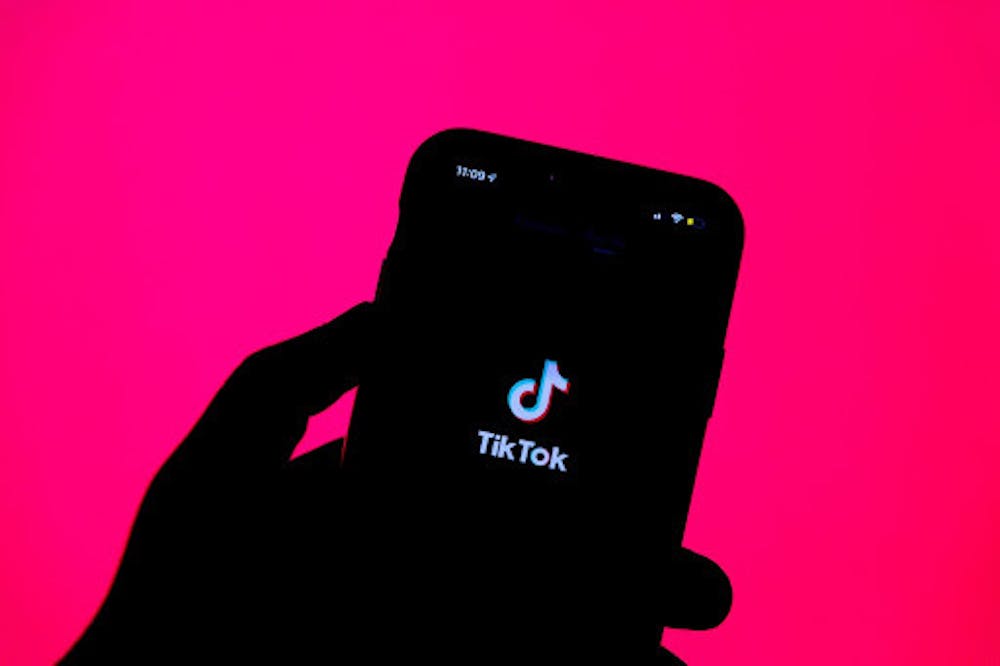By Matthew Kaufman
Managing Editor
All around me, I see people filling a second of silence with bite-sized videos. Any lull in a conversation is an excuse for people to whip out their phones and begin scrolling through TikTok or Instagram Reels.
These apps, with their infinite scroll and addictive nature, have made it so that we open them completely mindlessly. In any moment of stillness, our brains have been rewired to pick up our phones.
I think this has created a sense of absentmindedness in our generation. The endless scrolling of TikTok mirrors the endless pulling of the handle on a slot machine; we’ve become drones where all free time must be occupied by some cheap form of media.
And it’s not like this type of bite-sized content gets us to think about anything; some of the most popular content on TikTok is someone playing a game like “Subway Surfers” while they tell a story or browse Reddit. Have our attention spans really been ruined to the point that we can’t listen to someone speak without a pretty video to stare at?
I deleted TikTok a few years ago, but I still find myself opening Instagram compulsively and losing track of time as I scroll through the hyper-personalized content that’s designed to keep me scrolling for as long as possible.
Compulsive and addictive use of social media, specifically short-form video platforms like TikTok and Instagram Reels, has noticeable effects on user’s lives. One study found that short video addiction reduced motivation to learn and had an overall negative effect on participants’ moods.
Vishal Karuppasamy, a high school student in Nevada, described in a piece for the San Francisco Chronicle how he turned to TikTok to avoid dealing with the stress of real life, eventually spending six hours a day on the platform. He began researching the psychology behind the platform and found that its nature is similar to a drug. This phenomenon has a term: “escapist addiction.”
“While TikTok is designed to show you what you want to see and keep you on the app for hours, I realized I had my own reasons that were fueling this cycle of addiction,” Karuppasamy wrote. “Rather than be mindful of the pressures that were weighing me down, I was using the app to avoid all of the things in my life I did not want to deal with.”
I’m not saying that everyone should delete TikTok or Instagram. There are positive aspects to these platforms, such as providing users access to broader communities that they otherwise would not know.
Instead, I would challenge you to act intentionally when using these platforms. If you catch yourself opening up TikTok without even thinking about it, ask yourself if there’s something better you could be doing. Set time limits to avoid going down rabbit holes.
Our phones and the platforms on them are supposed to serve us–not the other way around. We have to be the ones to choose when and how to use our apps. The all-powerful algorithms cannot dictate how we live our lives, dumb us down or turn us into mindless drones.







